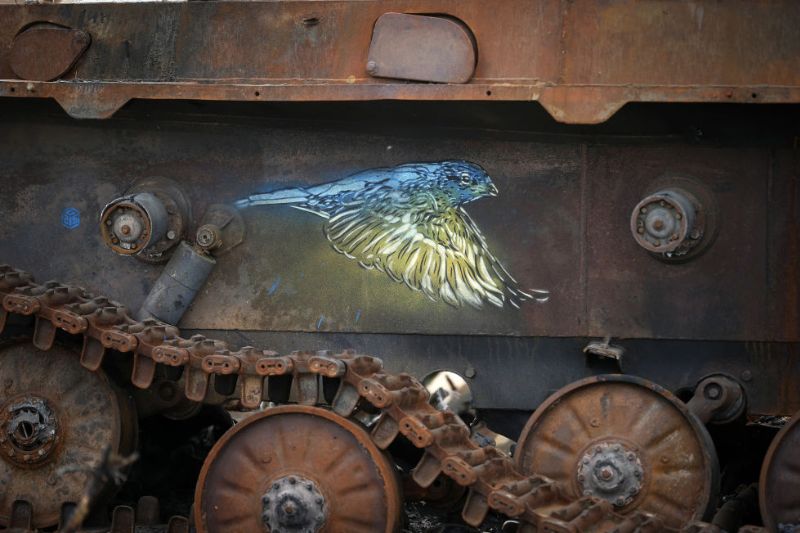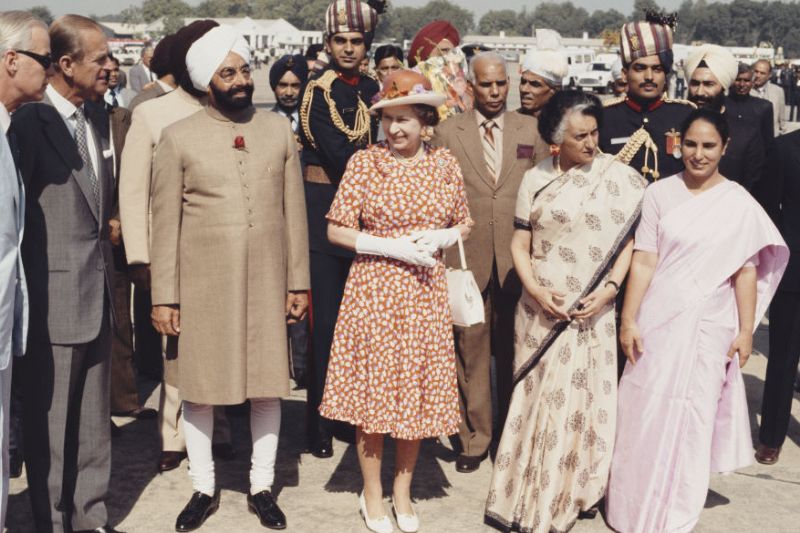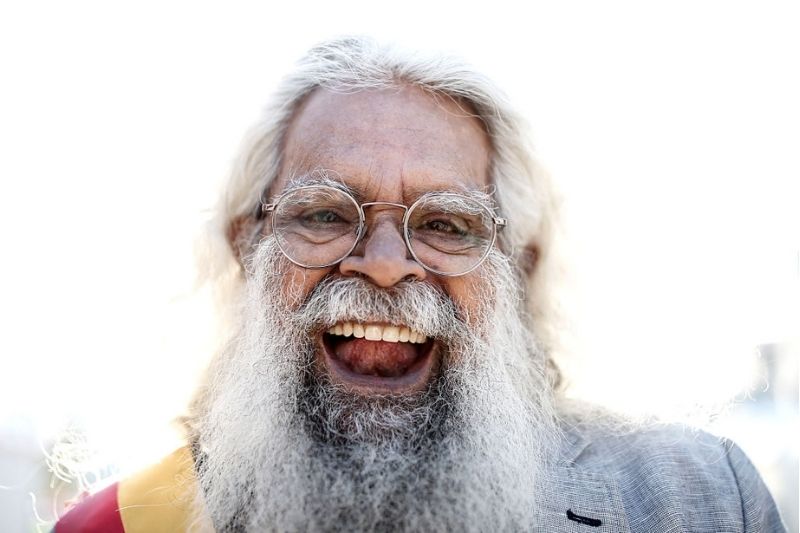Keywords: First Nations
There are more than 200 results, only the first 200 are displayed here.
-

ECONOMICS
- David James
- 16 November 2022
1 Comment
Financial markets are made up of human beings and human beings have always been storytellers — long before science, or modern finance, or accounting even existed. Accordingly, the main skill of successful analysts, advisers, financial gurus and commentators is the construction of compelling narratives. They are, if not exactly creators of fairy stories, not too far removed from it.
READ MORE 
-

ARTS AND CULTURE
- Andrew Hamilton
- 10 November 2022
1 Comment
Reflecting on the value of newspaper commentary on public life prompts self-reflection concerning the quality of what we columnists write and what we hope to achieve through our work. The ephemeral quality of a column suggests how important it is for us not simply to react to the news but to ask what lies beneath it.
READ MORE 
-

INTERNATIONAL
- Andrew Hamilton
- 02 November 2022
2 Comments
The campaign against global warming has been heating up, and the latest protests have focused on works of art. Like the burning of books, assaults on paintings seemed to express contempt for human culture at its noblest. But as more details became public, the reality seemed more complex.
READ MORE 
-

AUSTRALIA
- Frank Brennan
- 28 October 2022
6 Comments
In recent years, Australian policies in relation to asylum seekers and refugees have been unnecessarily mean, cruel and disorganised. The election of the Albanese government provides the opportunity for a reset, putting behind us the past mistakes of both Coalition and Labor Governments in the last 20 years.
READ MORE 
-

ECONOMICS
- David James
- 28 October 2022
Who wields the most power in the world? If one follows the money trail, it becomes clear that Western societies have become ruled by a new type of aristocracy: a management aristocracy.
READ MORE 
-

AUSTRALIA
- Andrew Hamilton
- 20 October 2022
8 Comments
The one thing lacking in much of the debate about the travails of the Essendon Football Club and the brief tenure of its CEO was a proper respect. That lack of respect may merit reflection. Respect begins with persons, not with principles and opinions.
READ MORE 
-

ARTS AND CULTURE
- Barry Gittins
- 13 October 2022
Why is it that we so often don’t learn from the last war’s mistakes? Time and again, humans are drawn into patterns of behaviour that echo those of the past, and that lead once again to armed conflict. It's too easy to shy away from examining the moral failure that is war. When we eulogise the fallen, do we forget why they were butchered in the first place?
READ MORE 
-

AUSTRALIA
- Michael McVeigh
- 30 September 2022
Too often our society’s approach, and our Church’s approach, to First Nations people is to judge, to destroy, and to impose. But there’s a different logic that sees any encounter between cultures as a gift. That logic seeks understanding rather than offering judgement; it looks for mutual growth rather than destruction; and it gives each person autonomy in choosing their own path forward.
READ MORE 
-

ARTS AND CULTURE
- Emma Wilkins
- 27 September 2022
2 Comments
There's an assumption that writers shouldn’t be writing about groups they don't belong to, as if this couldn’t be done with honesty and insight, respect and restraint. Difficult, yes, but impossible? Whether in fiction or non-fiction, outsiders might misunderstand and misrepresent the people they depict, but sometimes, insiders will too. Sometimes, outsiders will lack insight, but sometimes, when they’re curious, attentive, when they do not overreach, they’ll capture truth.
READ MORE 
-

AUSTRALIA
- Andrew Hamilton
- 21 September 2022
1 Comment
July marked the tenth anniversary since offshore refugee processing was introduced in Australia, a step that marked a change in Australian policy from an uneasy balance between respect for people in need and the pressure to deter further arrivals. The principle of deterrence is deeply corrupting because it is based on the conviction that it is acceptable to punish one group of people in order to deter others.
READ MORE 
-

INTERNATIONAL
- Binoy Kampmark
- 20 September 2022
7 Comments
When more nuanced commentary around the passing of Queen Elizabeth II came to the fore, it was hard to avoid the difficult realities of the British monarchy and an institution that has not, through its history, delighted those conquered in its name. With Elizabeth II, it was notable that she let an opportunity to engage the topic of empire in Britain’s collective memory go begging.
READ MORE 
-

AUSTRALIA
- Arnold Zable
- 14 September 2022
6 Comments
I am deeply saddened at the passing of inspirational actor, storyteller, artist, potter, musician Uncle Jack Charles. I loved him. I was one of the many who loved him. He was a gentle, loving, big-hearted man, despite it all. Because of it all. He triumphed over institutional racism, the legacy of colonialism, and the immense suffering, fragmentation, and trauma it left in its wake.
READ MORE 